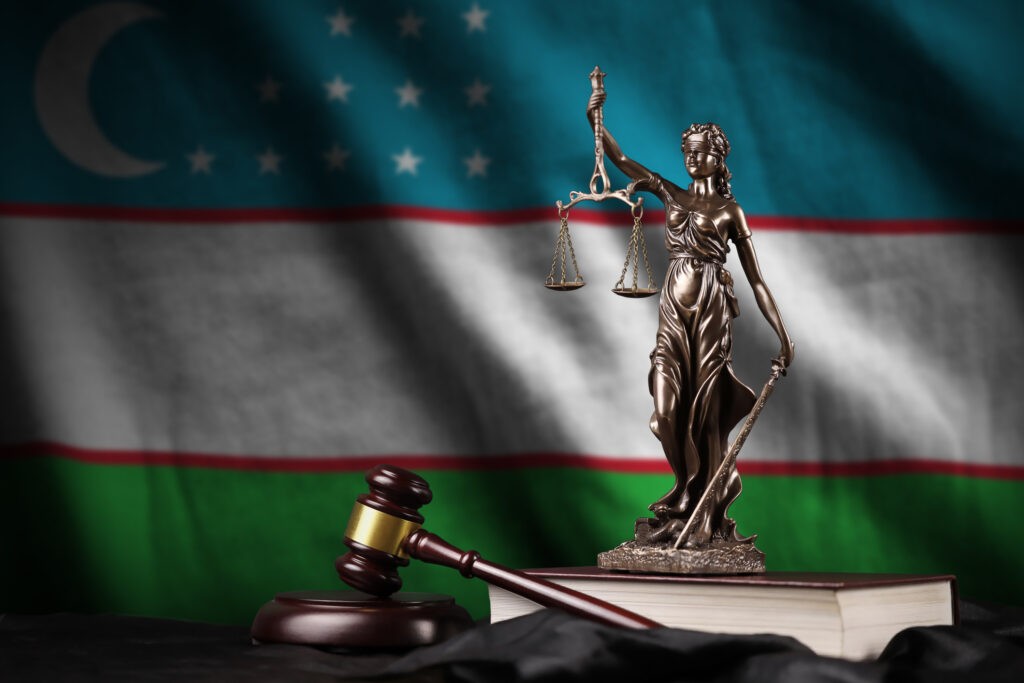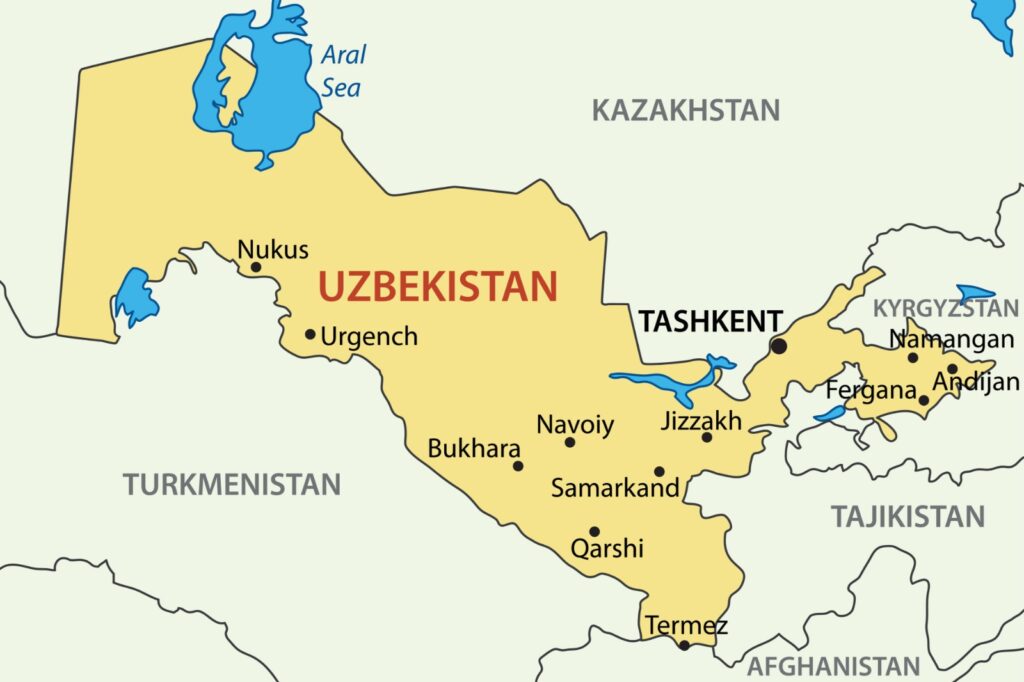Uzbekistan to Strengthen Protections Against Domestic Violence
Following a project board meeting on February 7th, the UNDP has released plans to provide free legal aid in criminal proceedings for victims of domestic and gender-based violence. In April 2023, Uzbekistan followed Georgia, Moldova, Kyrgyzstan and Ukraine in criminalizing domestic violence. The impetus for this was the ever-increasing number of sex crimes perpetrated on women and minors. For example, in 2019, 99 people were convicted of sexual offenses involving a child under the age of 16, but by 2022, that number was 238. Last April, President Mirziyoyev signed amendments to legislation on the protection of the rights and freedoms of women and children. Experts from both within the government and NGOs, as well as activists from the Nemolchi.uz project, which helps protect women and children from violence, worked on the changes. The new version removes the right for perpetrators of sexual violence to use the argument of mitigating circumstances, and abolishes the right to early parole. Forced abortions can also be punishable by up to three years of correctional labor under certain circumstances. In addition, offenders who have committed sexual violence against a minor will no longer be able to use the argument that they did not know the victim's real age. One of the most anticipated innovations was the criminalization of domestic violence. According to the Committee of Family and Women of Uzbekistan, 21,871 protection orders were issued to victims of harassment and violence in the first seven months of 2023 alone. In 84.7% of those cases, the violence occurred within the family. Administrative or criminal punishment was meted out corresponding to 5,495 protection orders. In Uzbekistan, the overwhelming majority of families adhere to traditional patterns and recognize the dominant position of men as head of the family. Very often, women suffering from domestic violence do not speak about their issues out of fear of condemnation by their families and communities. In addition, such victims are usually financially dependent on the aggressor. In rural areas, girls are married off at a young age without receiving any education. As the UN Development Program (UNDP) Resident Representative in Uzbekistan, Matilda Dimovska observes, "criminalizing public sexual harassment is an important step in combating violence against girls and women. It is a logical continuation of the commitment to gender equality demonstrated at the highest level in Uzbekistan. The adopted legislation makes harassment in public places an administrative offense punishable by a fine of $60-150." In 2023, 666 people were convicted of sexual harassment in Uzbekistan. In recent years, along with its international partners, Uzbekistan has made tangible progress in combating violence against women and children. With UNDP support, a mobile application called Najot (Salvation) was developed with the aim of protecting the rights of victims of violence and providing them with timely assistance. The UNDP also launched a pilot initiative, Call Umida in Uzbekistan in March 2022. "Umida" means hope in Uzbek, and is a common name among women. Places and businesses that have joined the initiative are set up to immediately...








